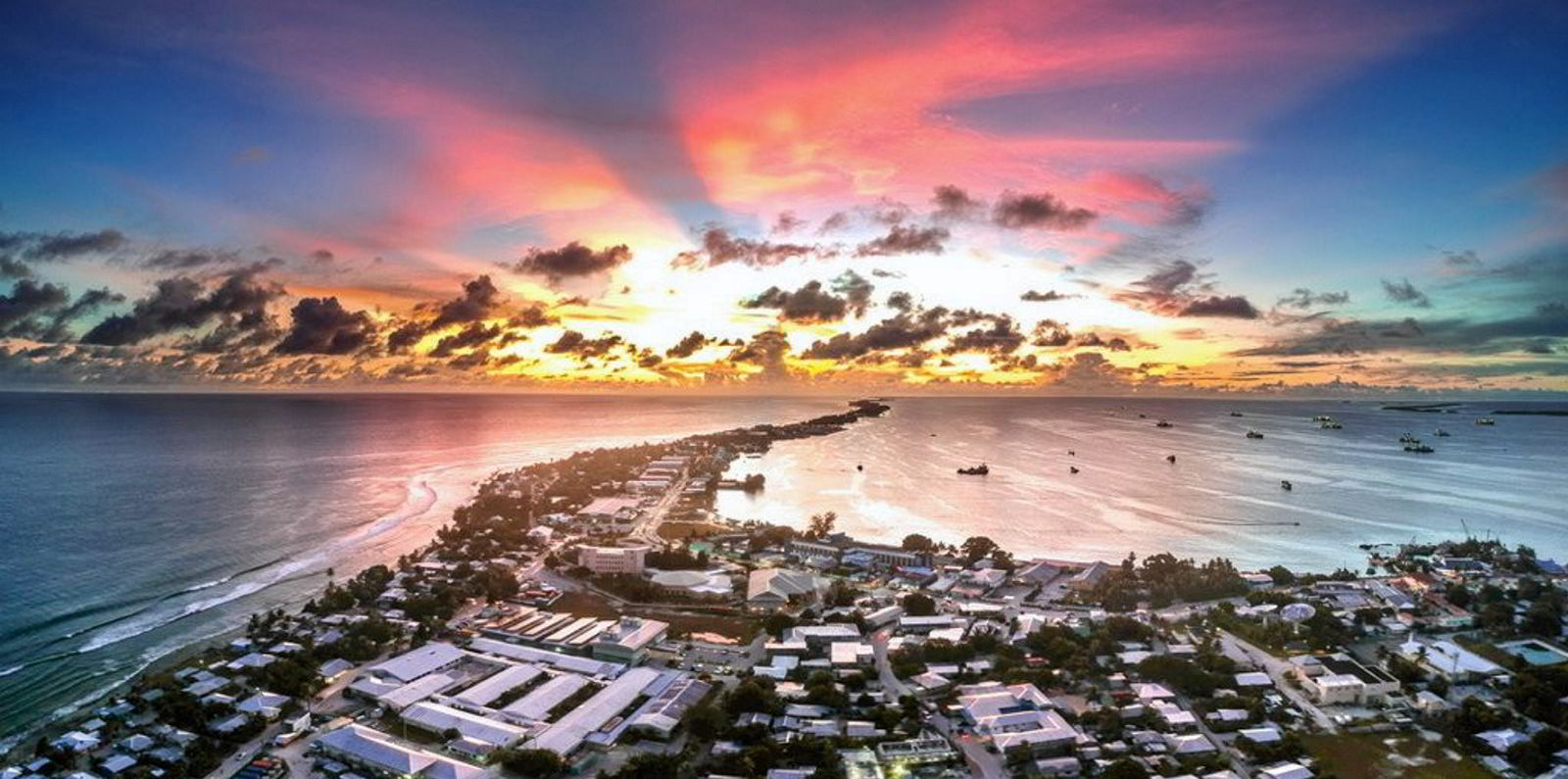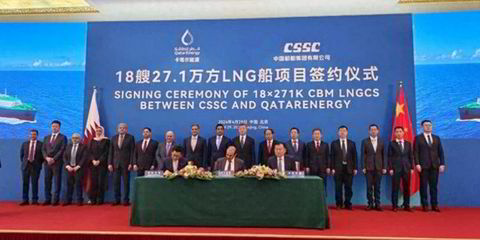A Marshall Islands official said the country’s delegation to the International Maritime Organization will go home disappointed over the United Nations shipping regulator’s failure to adopt a zero-carbon target at a committee underway in London.
The comments by ambassador Albon Ishoda at the Marine Environmental Protection Committee came as the majority of IMO delegations have voiced growing support for phasing out greenhouse gas emissions from shipping.

But detractors remained as deliberations continue over the measures to get there and on how to ensure that developing nations are not adversely impacted by any regulations. A final decision on the IMO’s greenhouse gas ambition is not expected until July 2023.
Ishoda told the committee that the Marshall Islands has been stressing the urgency of dealing with shipping’s contribution to climate change since 2015.
“We are going to continue to progress the work moving forward but wish to register our disappointment that once again we have kicked the can down the line. The urgency of the issue is at hand,” he said, according to a live stream of the committee meeting.
The Marshall Islands is in a unique position among IMO member states.
It is a leading white-listed flag state with a large share of the shipping industry as its customers, but it is also facing the threat of a double whammy from greenhouse gas emissions, as climate change threatens rising sea levels and CO2-fuelled ocean acidification impacts its coral reefs.
The Marshall Islands delegate told the committee it had objected to the lack of ambition in the IMO’s current targets, calling for a 50% cut in carbon emissions by 2050 compared to 2008 levels.
‘Important issue for the world’
“We registered our disappointment with the low and inadequate levels, and here we are once again not addressing the urgency to look at zero by 2050 as soon as possible,” Ishoda said. “So once again, we go home disappointed that we weren’t able to convince this room that this is an important issue for the world.”
At a working group session last week before the headline committee meeting, 34 member states spoke out in favour of phasing out greenhouse gas emissions by the middle of the century, according to a tally by a coalition of environmental groups. Four countries were in favour of a net-zero target, and only 10 member states opposed strengthening the IMO’s current target.

TradeWinds reported on Tuesday that the US said that the IMO’s goal should be to achieve zero greenhouse gas emissions by 2050.
But Argentina pointed out how measures under consideration to achieve global emissions, including carbon pricing mechanisms, “are not equitable” and could penalise the countries that are furthest from the main global markets.

Committee chairman Harry Conway, a Liberian diplomat, noted that there were some delegations that wanted a resolution on the IMO’s greenhouse gas target at this week’s meeting, but there was wider support for considering it as part of a wider strategy revision.
“Delegations support the intention behind the proposal but, in view of the ongoing discussions on a vision and levels of ambition and a revised strategy, indicated their preference to consider the proposed level of ambition in a broader context of the revision,” he said




